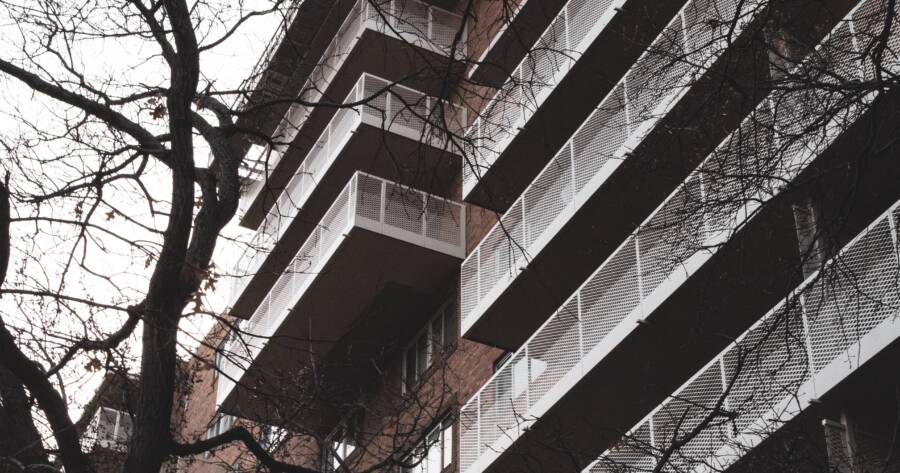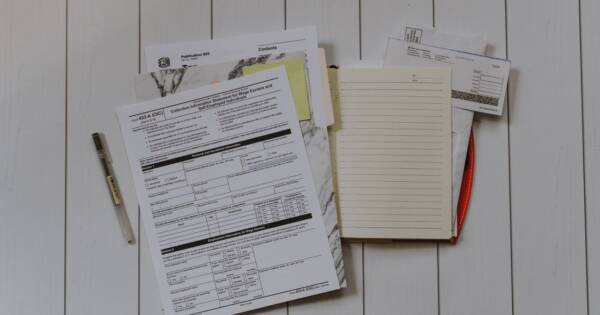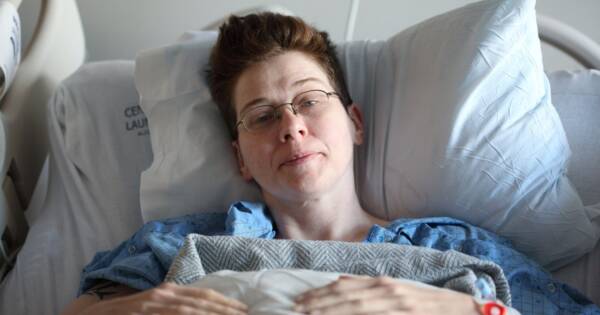When it comes to a residential tenancy, landlords and renteres both have legal obligations based on their lease agreements and state laws. Landlords must make sure a property is clean and safe to live in. Tenant responsibilities include looking after the unit and respecting neighbors and common areas. Understand what you need to know about tenant legal responsibilities.
How Are Tenant Legal Responsibilities Determined?
The landlord-tenant relationship is governed by a number of rules:
- Local and state laws
- A lease or rental agreement
This guide highlights a tenant’s obligations under both landlord-tenant laws and an individual rental agreement.
Local and State Landlord-Tenant Laws
Each state has its own set of landlord-tenant laws, but most have adopted all or parts of the Uniform Residential Landlord and Tenant Act. This standardized act was drafted in 1972 by the Uniform Law Commission, which creates uniform laws for each state to consider enacting.
In addition to state laws, tenants must follow local laws. While you should consult applicable state, county and municipal legislation, here are some of the common tenant legal responsibilities you’re likely to encounter.
1. Ensure the Rental Application Is Accurate
The landlord-tenant relationship begins with the rental application. Because the landlord uses this to evaluate the suitability of a tenant, it’s important that all information provided is accurate and that there’s no misrepresentation.
2. Keep Plumbing Fixtures Clear
Drains, toilets and sinks should be kept clear to avoid causing damage to pipes or possible clogs and flooding. Avoid flushing paper towels, wipes and personal hygiene items, and make sure items such as grease, wax, eggshells and coffee grounds aren’t washed down the drain.
3. Use Amenities With Care
Appliances should always be used responsibly and only for their intended use. Renters should avoid careless or negligent use of electrical, heating, plumbing and air conditioning systems — for example, using a frayed cord or overloading an electrical circuit.
4. Keep Premises Safe and Clean
Tenants must keep their rental property clean to prevent unsanitary conditions that can lead to mold, rust and pest infestations. Garbage and debris should be properly disposed of.
Tenants must also take precautions and avoid endangering their safety and that of others. This includes ensuring smoke and carbon monoxide detectors work, following fire safety and building codes, ensuring there’s no illegal or unauthorized activity on the premises and not storing hazardous materials in the unit.
5. Avoid Damaging Property
While normal wear and tear is acceptable, tenants should not deliberately or carelessly damage or deface their unit. Fixtures and safety equipment should not be removed or tampered with.
Common areas such as hallways, elevators, laundry facilities, pools and parking areas should always be used respectfully and in consideration of others. Renters are also responsible for the behavior of family and other guests.
Damage done by the tenant or guests should be promptly repaired by the tenant or fixed by the landlord and billed to the tenant.
6. Don’t Make Changes to the Dwelling Without Approval
Putting up wallpaper or changing cupboard doors might improve the appearance of a unit, but renters must ask the landlord for approval before making any physical alterations to the premises. Changes that affect the landlord’s access, such as installing new door locks because of lost keys, must also be approved.
7. Be a Respectful Neighbor
Late-night parties, excessive second-hand smoke and aggressive behavior can disturb the rights of neighbors to enjoy their home. Tenants must act respectfully and ensure their activities aren’t disruptive to other residents.
8. Advise the Landlord Promptly of Issues
The landlord should be notified of any problems promptly so they can make repairs in a timely manner and avoid further damage. This includes signs of mold, moisture and leaks.
9. Leave the Residence in the Same Condition as Move-In
A tenant is also legally obligated to leave the property in the same condition as when they moved in, except for normal wear and tear and circumstances beyond the tenant’s control. Wear and tear refers to any deterioration because of age or normal use, such as worn carpeting.
The unit should be left clean and all fixtures and appliances belonging to the landlord must be left in place.
Conditions of Rental Agreement
While renters must abide by local and state laws, tenant legal responsibilities also extend to conditions outlined in a lease or rental agreement. This includes following rules for:
- Paying rent
- Pet ownership
- Smoking
- Subletting
- Parking
- Providing landlord access when needed
Any clauses that are illegal based on state or local law aren’t binding, such as penalties on late rent or asking tenants to pay for repairs that are the responsibility of the landlord.
Providing Landlord Access to the Rental Unit
Tenants are legally obligated to provide access to landlords in case of emergency. For non-emergencies, the landlord must give reasonable notice if they need to make repairs or to show the apartment to a prospective tenant or purchaser.
Giving Notice of Move-Out
When a renter plans to move out, they’re obligated to provide written notice to a landlord. The rental agreement should specify the minimum time required. The notice should include the address of the unit and the day that the tenant is moving out. It should also confirm that the required advanced notice has been provided, as indicated in this sample notice to vacate letter.
Tenants should include a forwarding address and phone number so that the landlord can return the security deposit and contact the tenant if needed.






